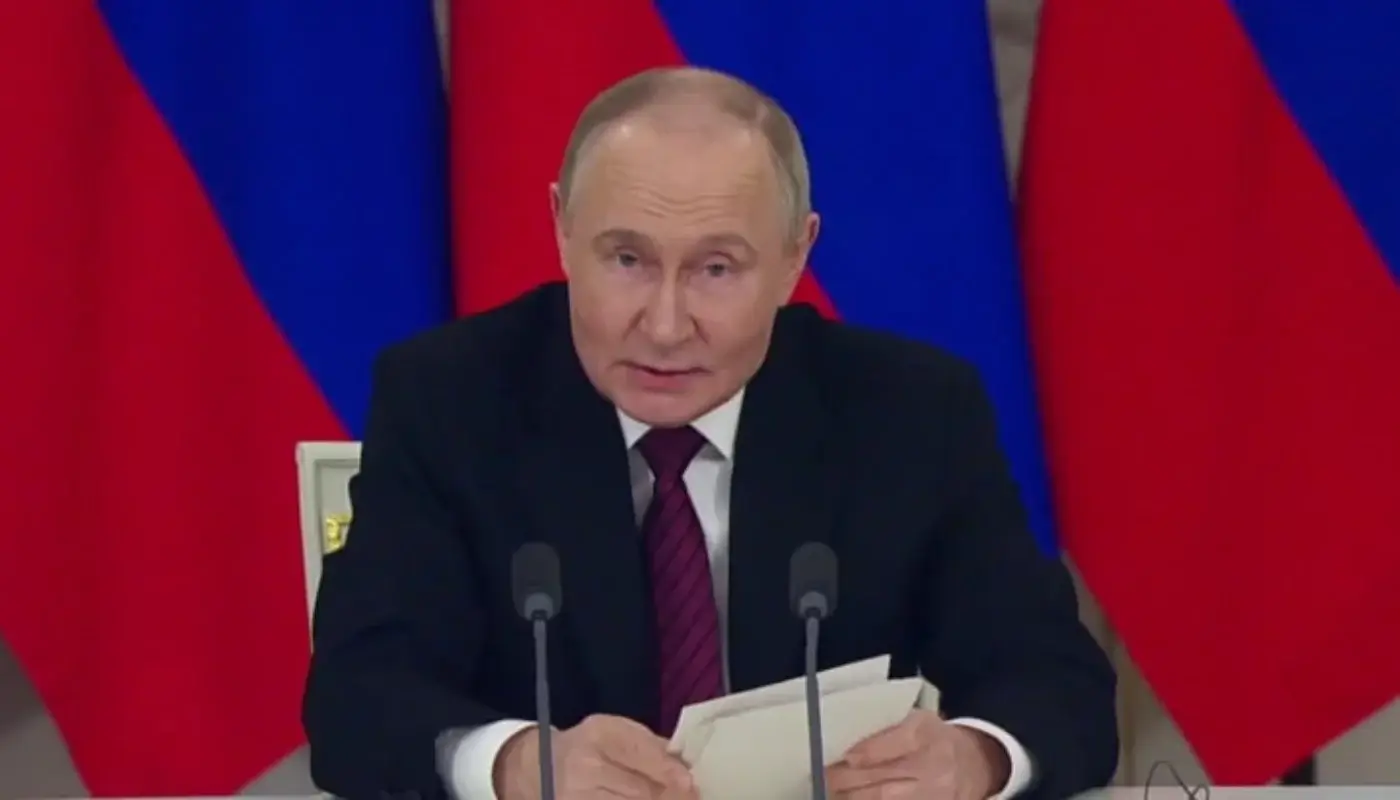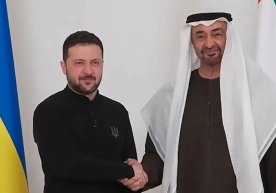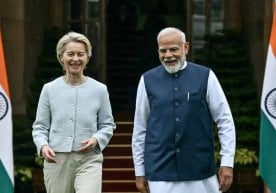How did Putin respond to the West’s proposal for a 30-day ceasefire?

In his statement made on the night of May 11, Vladimir Putin did not accept the proposal by Ukraine and its Western allies for a new 30-day ceasefire and accused Kyiv of violating previously declared short-term ceasefires by Moscow.
He proposed to discuss the issue of reconciliation during possible direct negotiations between Moscow and Kyiv, which may take place in Istanbul on May 15. According to the Russian president, Moscow is ready to participate in these talks without any preconditions.
Putin’s proposal essentially implies a return to the format and process of 2022 that ended without success.
From Vladimir Putin’s late-night statement at the Kremlin, it is clear that Moscow has in practice rejected Ukraine’s proposal for a new 30-day unconditional ceasefire.
He accused Kyiv of violating all previous ceasefires announced by the Kremlin: the "energy ceasefire" in March–April 2025, the "Easter ceasefire" in April, and the three-day ceasefire announced by Moscow for May 8–10. Ukraine has repeatedly denied such accusations and stated that it is Moscow that is violating the ceasefire regime.
Kyiv’s proposal for a complete and unconditional ceasefire for at least 30 days starting from May 12 was announced following the “Coalition of the Willing” summit held in Ukraine and a joint phone call by the leaders of France, the United Kingdom, Poland, and Ukraine with Donald Trump. The U.S. president also supported the joint decision to demand from Moscow a "full and unconditional ceasefire."
Rejecting the idea of a ceasefire, Putin offered Kyiv the resumption of direct negotiations “without any conditions.”
He said this could take place on May 15 in Istanbul, speaking to journalists at the Kremlin.
According to Putin, the new negotiations should be a continuation of the Istanbul talks held in 2022.
“Without delay, in Istanbul… we propose to resume from the point where they were halted,” said Putin, adding that it was the Ukrainian side that disrupted those talks which did not end in reconciliation.
He also stated that on Sunday, May 11, he plans to discuss this initiative with Turkish President Recep Tayyip Erdoğan. The Turkish leader also acted as a mediator between Kyiv and Moscow in 2022.
“During the negotiations, it may be possible to agree on a new ceasefire, a new truce,” said Putin, adding that now “the ball is in Ukraine’s court.”
He did not propose to declare a ceasefire regime during the negotiations themselves.
At the same time, the Russian president repeated what he has said many times before:
“We are ready to conduct serious negotiations with Ukraine, the purpose of which is to eliminate the root causes of the conflict.”
He also noted that the ceasefire must exclude the possibility for Kyiv to rearm, train troops, and prepare in other ways. Back in March, when Moscow first commented on its possible attitude toward a ceasefire, Putin listed similar conditions.
“We also support that, but there are nuances,” said the Russian president at the time, referring to the conditions required for Moscow to cease fire.
Ukraine and its Western allies consider these demands unacceptable, since in such a situation Kyiv would essentially have to disarm.
Putin’s speech started around 01:30 Moscow time and lasted approximately 20 minutes — possibly his latest public statement in Moscow. Soon after, Ukrainian monitoring channels reported that Russian attack drones had once again entered Ukrainian airspace after the brief lull of May 8–10.
What did Kyiv propose?
Putin’s statement came just a few hours after the summit of Ukraine’s allied leaders under the name “Coalition of the Willing” held in Kyiv. Despite expectations, the Kremlin did not comment on the outcome of the summit: at its conclusion, Ukrainian President Volodymyr Zelensky announced the demand for a full and unconditional ceasefire for at least 30 days starting from May 12.
On the morning of May 10, German Chancellor Friedrich Merz, French President Emmanuel Macron, British Prime Minister Keir Starmer, and Polish Prime Minister Donald Tusk had arrived in the Ukrainian capital to participate in the summit. After negotiations with Zelensky, the five leaders discussed their initiatives via phone with U.S. President Donald Trump, who supported their demand toward Moscow.
“If [Putin] is truly speaking of peace, then here is his chance to prove it. It is time to stop saying ‘if’ and ‘but,’ and to stop delaying with preconditions,” said Starmer at the end of the summit.
If Moscow does not agree, Europe and the U.S. are ready to impose new sanctions — promised Macron.
So far, Western leaders have not commented on Putin’s rejection of the 30-day ceasefire proposal. Read “Zamin” on Telegram!
Ctrl
Enter
Found a mistake?
Select the phrase and press Ctrl+Enter 





















